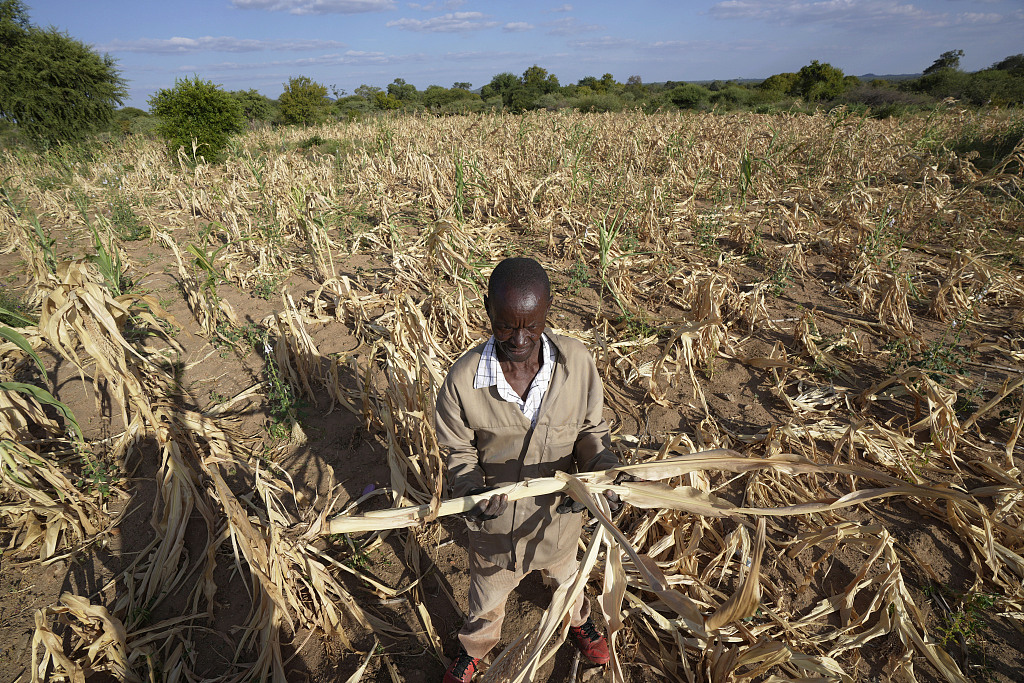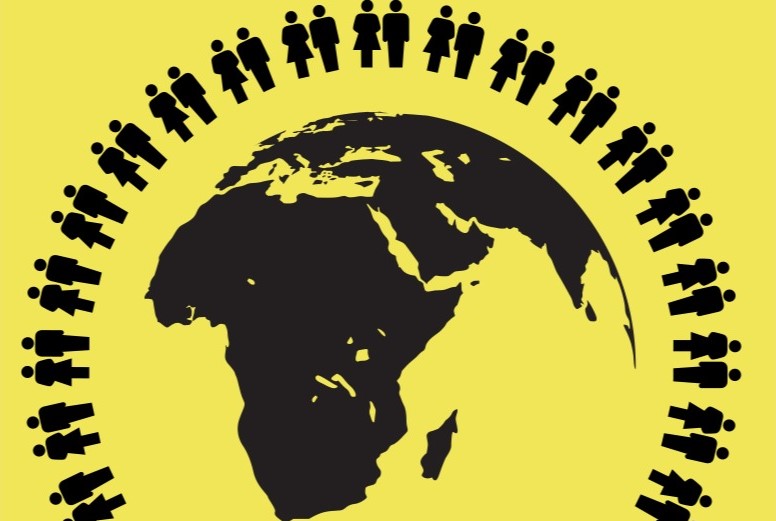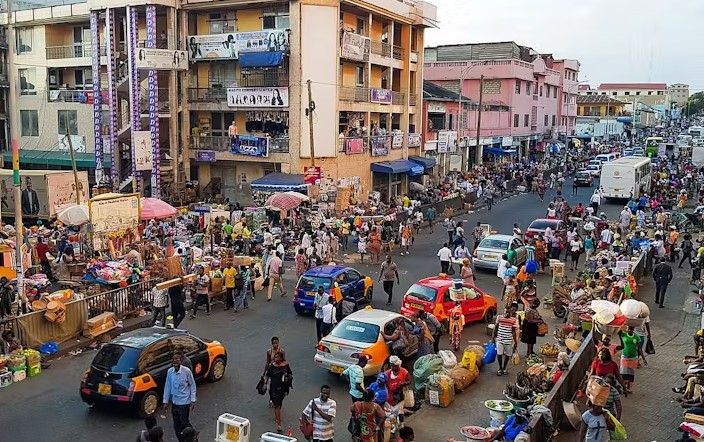
Zimbabwe declares state of disaster due to El Nino-induced drought
Zimbabwean President Emmerson Mnangagwa on Wednesday declared a state of disaster due to an El Nino-induced drought threatening food security in the country.
“The current agricultural season of 2023/2024 has not performed according to expectations due to the El Nino-induced drought. As a result, more than 80 percent of our country received below-normal rainfall,” Mnangagwa said during a state of the nation address at the State House in Harare, the capital.
“By this declaration, I also call upon all Zimbabweans of goodwill, including those in the diaspora, the international community, United Nations agencies, development and humanitarian partners, international financial institutions, the private sector, churches and other faith-based organizations, as well as individuals, to generously donate towards ameliorating this state of national disaster,” Mnangagwa said.
He said that preliminary assessments show that Zimbabwe needs more than 2 billion U.S. dollars for various response interventions.
Zimbabwe has put a total of 1,728,897 hectares under maize crop and other cereals, which should have guaranteed a bountiful harvest, the president said.
“We expect 868,273 metric tonnes from this season’s harvest, hence our nation faces a food cereal deficit of nearly 680,000 metric tonnes of grain. This deficit will be bridged by imports.”
Zimbabwe has an annual cereal requirement of 2.2 million tonnes for both human and livestock consumption.
Due to drought, the country’s cereal production is expected at around 800,000 tonnes in the 2023/24 summer cropping season, according to the agriculture ministry.






